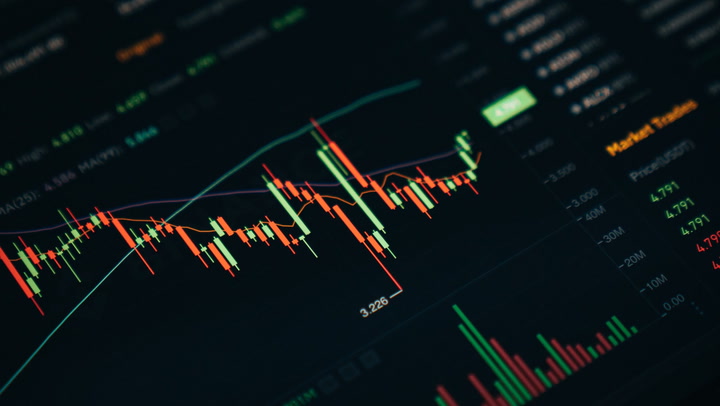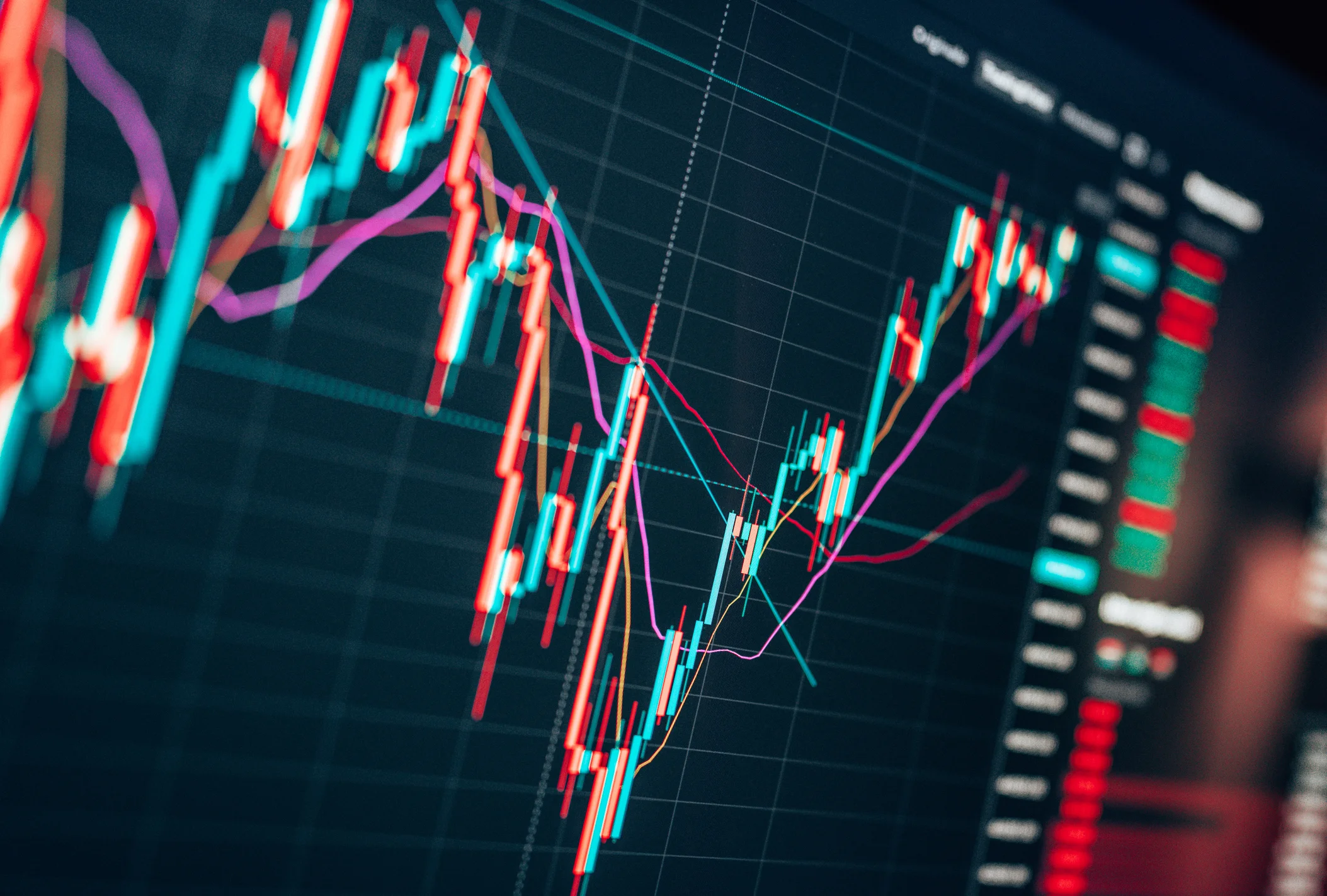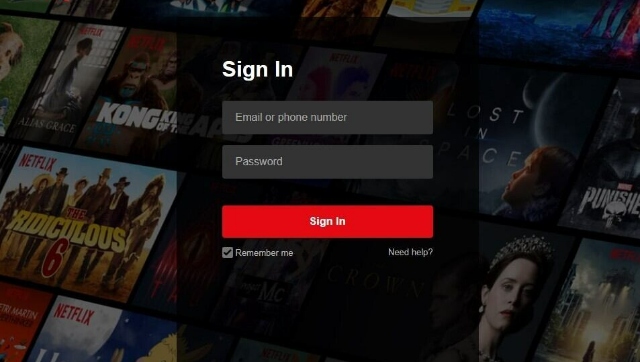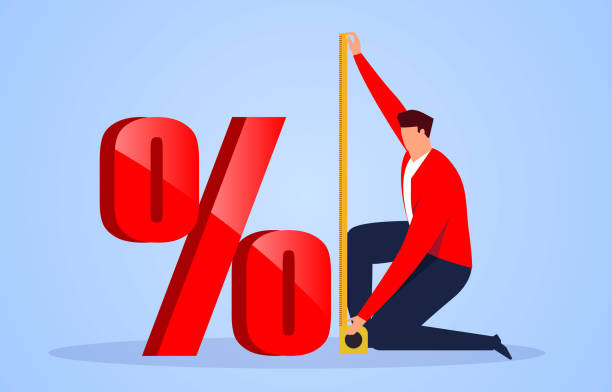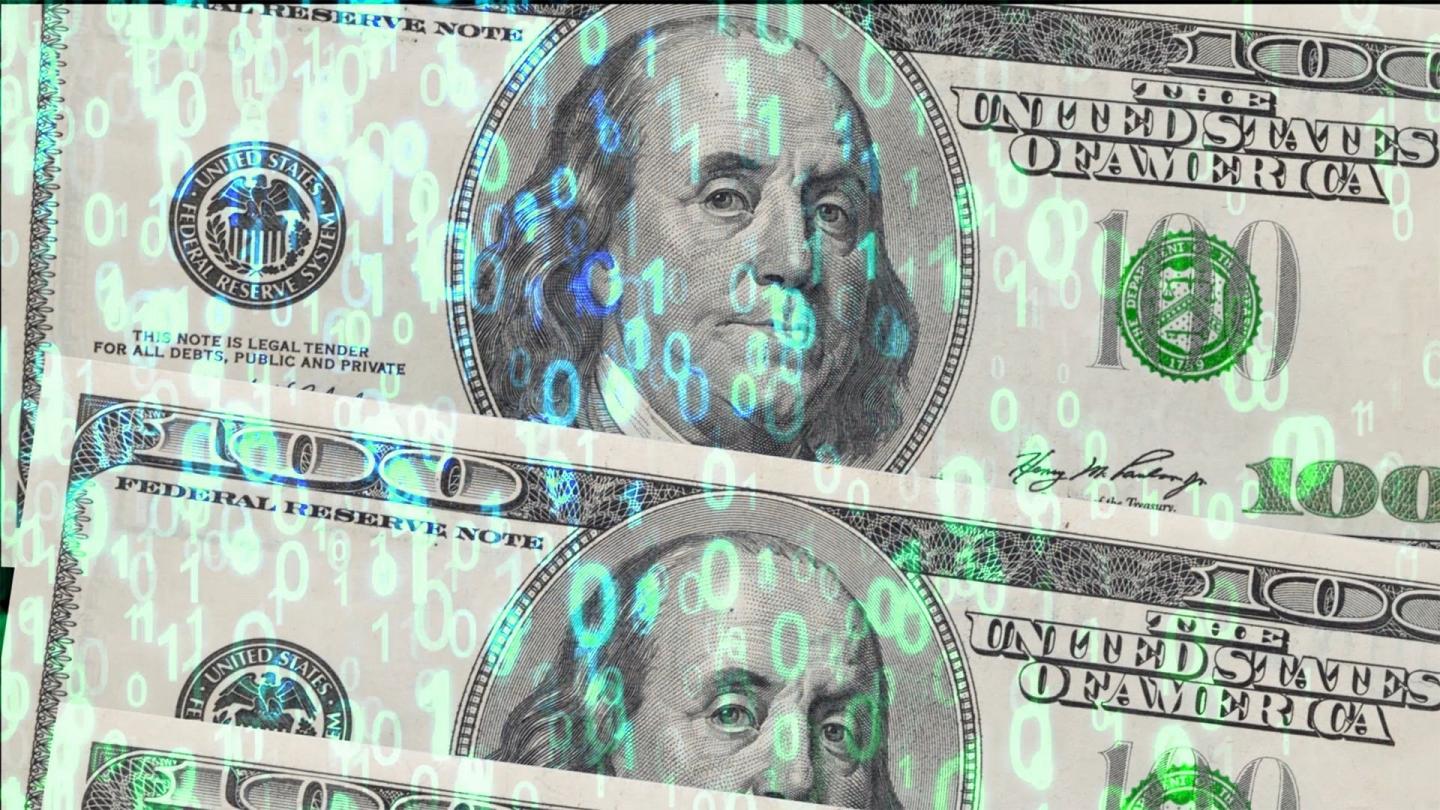After the government raises red flags, cryptocurrency exchanges start blocking accounts.
After government agencies raised red flags about cryptocurrencies being used for money laundering, Indian cryptocurrency exchanges have begun reporting and barring trading accounts that engage in suspicious transactions.
The self-regulation comes at a time when India has yet to adopt cryptocurrency legislation regarding cryptocurrencies or how to tax them.
Investigators, including cybercrime officials, the Law Enforcement Branch, and the Income Tax Department, have started raising red flags in recent months, according to industry trackers.
Furthermore, foreign investigators send demands to major crypto exchanges regarding several suspected accounts.
For example, WazirX, one of the country's top cryptocurrency exchanges, recently published a "transparency report" detailing the numbers.
The exchange received 377 requests from law enforcement agencies between April and September of this year, including 38 requests from foreign law enforcement agencies.
Around 1,500 accounts have been frozen on the cryptocurrency exchange.
The exchange locked 14,469 accounts in total, albeit the majority of them were locked after users requested that services be halted or because of other payment concerns.
"Initiatives like the Transparency Report give the crypto sector greater credibility and make it more appealing to outsiders," says Nischal Shetty, CEO and Founder of WazirX. “We want to focus on the most important goals, such as beneficial regulations, and we believe we're leading the way with innovative approaches.”
Many Indian regulators had raised concerns about certain cryptocurrency transactions.
The exchanges also stated that they had built a rigorous anti-money laundering policy on their own.
"In India, we combine four years of good policy with cutting-edge technology to ensure we produce products and services that encourage crypto adoption while decreasing the risk of money laundering," said Kumar Gaurav, Cashaa's founder and CEO.
The exchanges' heightened awareness of money laundering and other authorities coincides with India's consideration of cryptocurrency rules.
The use of bitcoin for criminal operations ranging from drug purchases to money laundering has always been met with governmental scepticism.
Exchanges have always stated that if the cryptocurrency is built on blockchain technology, all records will be permanent, and it will be easier to determine the exact nature of transactions.
"The report and think tank are part of our efforts to promote clarity and transparency for our users and policymakers in India surrounding all things crypto," said Aritra Sarkhel, WazirX's Director of Public Policy.
Amid the worldwide rally and some hope on the domestic regulatory front, most of the main exchanges have experienced a 100 percent to 400 percent increase in the volume and value of trading taking place on their platforms.




